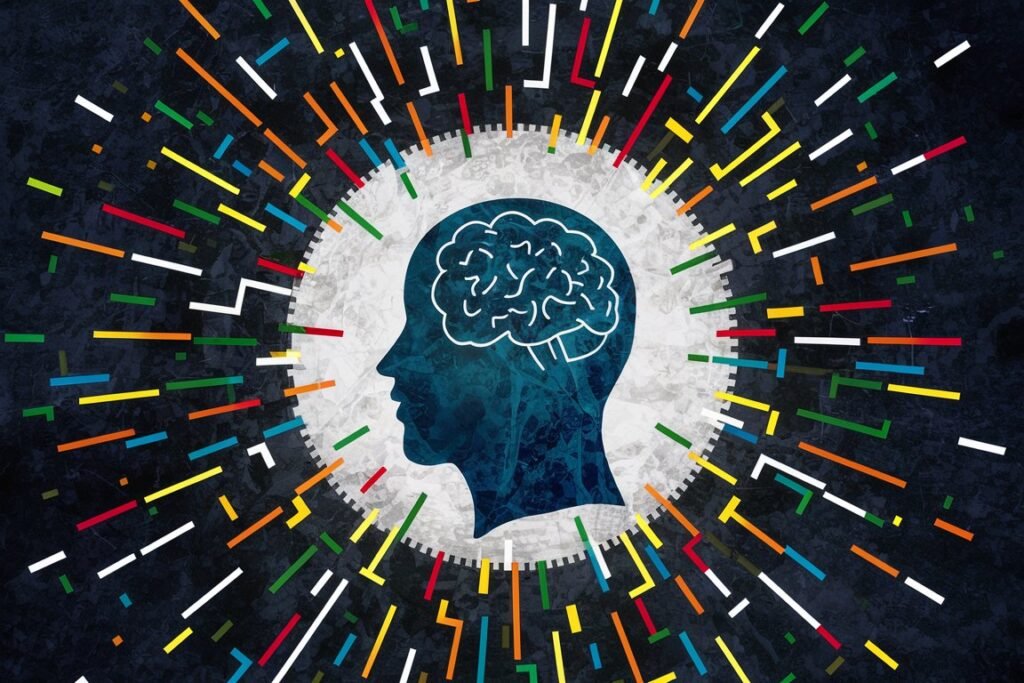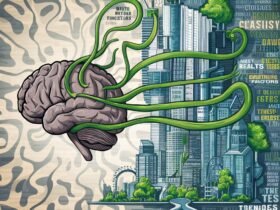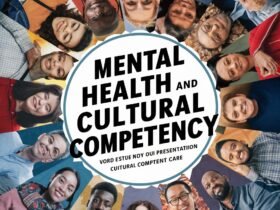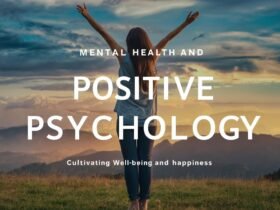Mental Health and Aging: Promoting Well-being in Later Life
Hey there, my young friends! It’s your favorite mental health buddy, Nita Sharda, here to talk about a topic that might seem a little far off for you, but is really important for everyone to understand – mental health and aging.
Now, I know that getting older might seem like a lifetime away for you kids out there, but the truth is, we all age, and it’s never too early to start thinking about how to take care of our mental health as we get older.
Why Mental Health Matters as We Age
First things first, let’s talk about why mental health is so important as we age. Just like our bodies change as we get older, so do our minds. We might face new challenges and stressors, like retirement, health problems, or the loss of loved ones.
These changes can take a toll on our mental health, and if we don’t have the right coping skills and support systems in place, we might be at risk for developing mental health problems like depression, anxiety, or cognitive decline.
But here’s the good news – just like we can take steps to keep our bodies healthy as we age, we can also take steps to promote our mental well-being and resilience.
Common Mental Health Concerns in Later Life
So, what are some of the most common mental health concerns that older adults might face? Let’s break it down:
Depression Depression is one of the most common mental health problems in older adults, affecting about 7% of the population over age 60. Symptoms of depression can include:
- Persistent feelings of sadness, emptiness, or hopelessness
- Loss of interest in activities that used to bring joy
- Changes in appetite or sleep patterns
- Fatigue or decreased energy
- Difficulty concentrating or making decisions
- Thoughts of death or suicide
Depression in older adults can be triggered by a variety of factors, including chronic health problems, social isolation, or the loss of a spouse or loved one.
Anxiety disorders Anxiety disorders, such as generalized anxiety disorder, panic disorder, or phobias, are also common in older adults. Symptoms of anxiety can include:
- Excessive worry or fear
- Restlessness or feeling on edge
- Difficulty sleeping
- Muscle tension or trembling
- Rapid heartbeat or breathing
- Sweating or hot flashes
Anxiety in older adults can be triggered by a variety of factors, including health problems, financial stress, or changes in living situations.
Cognitive decline and dementia
As we age, it’s normal to experience some changes in memory and thinking skills. However, for some older adults, these changes can be more significant and may be a sign of cognitive decline or dementia.
Dementia is a general term for a decline in mental ability severe enough to interfere with daily life, and the most common type of dementia is Alzheimer’s disease.
Symptoms of cognitive decline and dementia can include:
- Memory loss that disrupts daily life
- Difficulty planning or solving problems
- Trouble with familiar tasks, like cooking or paying bills
- Confusion with time or place
- Difficulty with visual or spatial abilities
- Problems with words or communication
- Misplacing things and losing the ability to retrace steps
- Changes in mood, personality, or behavior
While there is currently no cure for dementia, there are treatments and strategies that can help manage symptoms and improve quality of life.
Promoting Mental Well-being in Later Life
Okay, so now that we know some of the common mental health concerns that older adults might face, let’s talk about what we can do to promote mental well-being as we age.
Stay socially connected
Social connection is one of the most important factors in promoting mental health and well-being as we age. Loneliness and social isolation can be major risk factors for depression, anxiety, and cognitive decline.
Some ways to stay socially connected as we age include:
- Maintaining close relationships with family and friends
- Joining social clubs, religious organizations, or volunteer groups
- Taking classes or learning new skills
- Participating in group exercise or wellness activities
- Using technology to stay in touch with loved ones who live far away
Engage in meaningful activities
Engaging in activities that are meaningful and enjoyable can also be a powerful way to promote mental well-being as we age. This might include:
- Pursuing hobbies or interests, like gardening, painting, or music
- Volunteering or giving back to the community
- Traveling or exploring new places
- Learning new skills or taking on new challenges
- Spending time in nature or with pets
The key is to find activities that bring a sense of purpose, joy, and fulfillment to your life.

Stay physically active
Physical activity is not only important for maintaining physical health as we age, but it can also have powerful benefits for mental health and well-being.
Regular exercise has been shown to:
- Reduce symptoms of depression and anxiety
- Improve mood and self-esteem
- Boost cognitive function and memory
- Promote better sleep
- Reduce stress and inflammation in the body
Some great ways to stay physically active as we age include:
- Walking, swimming, or cycling
- Strength training or resistance exercises
- Yoga, tai chi, or other mind-body practices
- Dancing or other forms of social exercise
- Gardening or other outdoor activities
The key is to find activities that you enjoy and that feel good for your body.
Practice stress management
Stress is a normal part of life, but chronic stress can take a toll on our mental and physical health as we age. Learning effective stress management techniques can be a powerful way to promote mental well-being and resilience.
Some effective stress management techniques include:
- Deep breathing or meditation
- Progressive muscle relaxation
- Mindfulness practices
- Journaling or expressive writing
- Spending time in nature or with pets
- Engaging in creative activities, like art or music
The key is to find techniques that work for you and to make stress management a regular part of your self-care routine.
Seek professional help when needed
Finally, it’s important to remember that seeking professional help is a sign of strength, not weakness. If you or an older loved one is struggling with mental health concerns, don’t hesitate to reach out to a mental health professional for support.
This might include:
- Talking to a therapist or counselor
- Seeing a psychiatrist for medication management
- Joining a support group for older adults
- Participating in a mental health program or workshop
Remember, mental health is just as important as physical health, and it’s never too late to start prioritizing your well-being.
Putting It All Together
Whew, that was a lot of information! But I hope you’re feeling more informed and empowered to promote mental well-being as you age.
Remember, aging is a natural part of life, and it brings both challenges and opportunities for growth and resilience. By staying socially connected, engaging in meaningful activities, staying physically active, practicing stress management, and seeking help when needed, we can all promote mental health and well-being throughout our lives.
So let’s all make a commitment to prioritizing our mental health, no matter our age. And if you ever need a little extra support or encouragement along the way, just remember – your mental health buddy Nita is always here for you!
Until next time, take care of yourself and each other. You’ve got this!













Leave a Reply